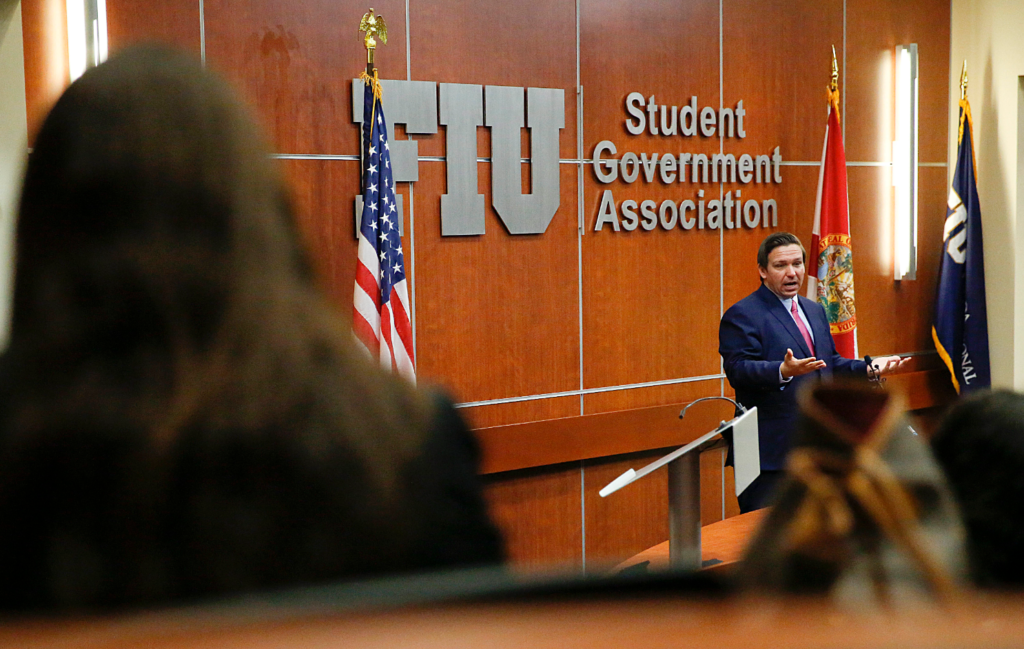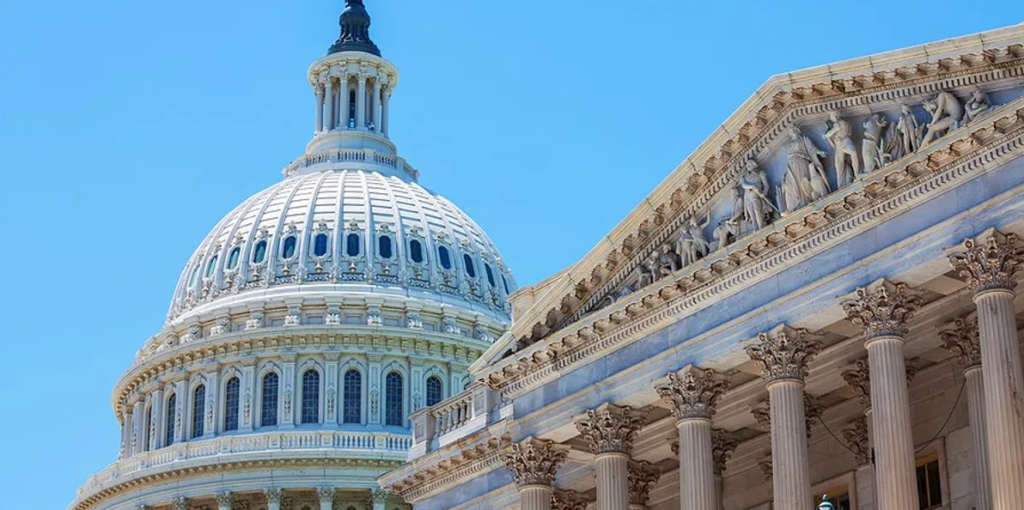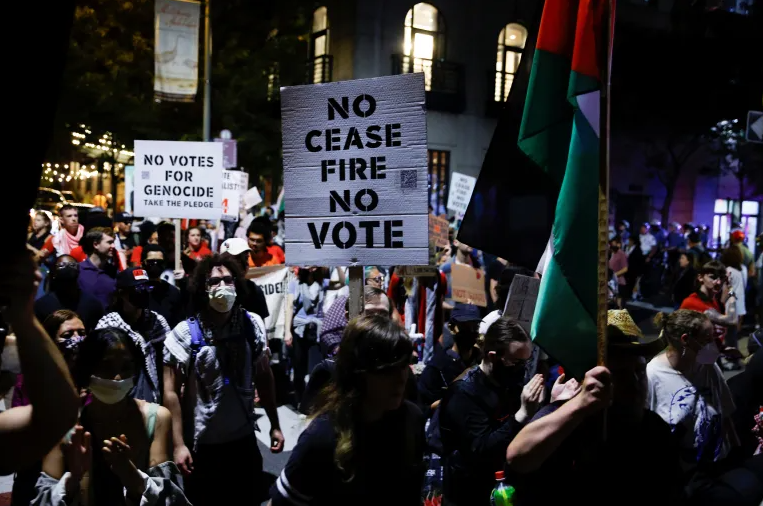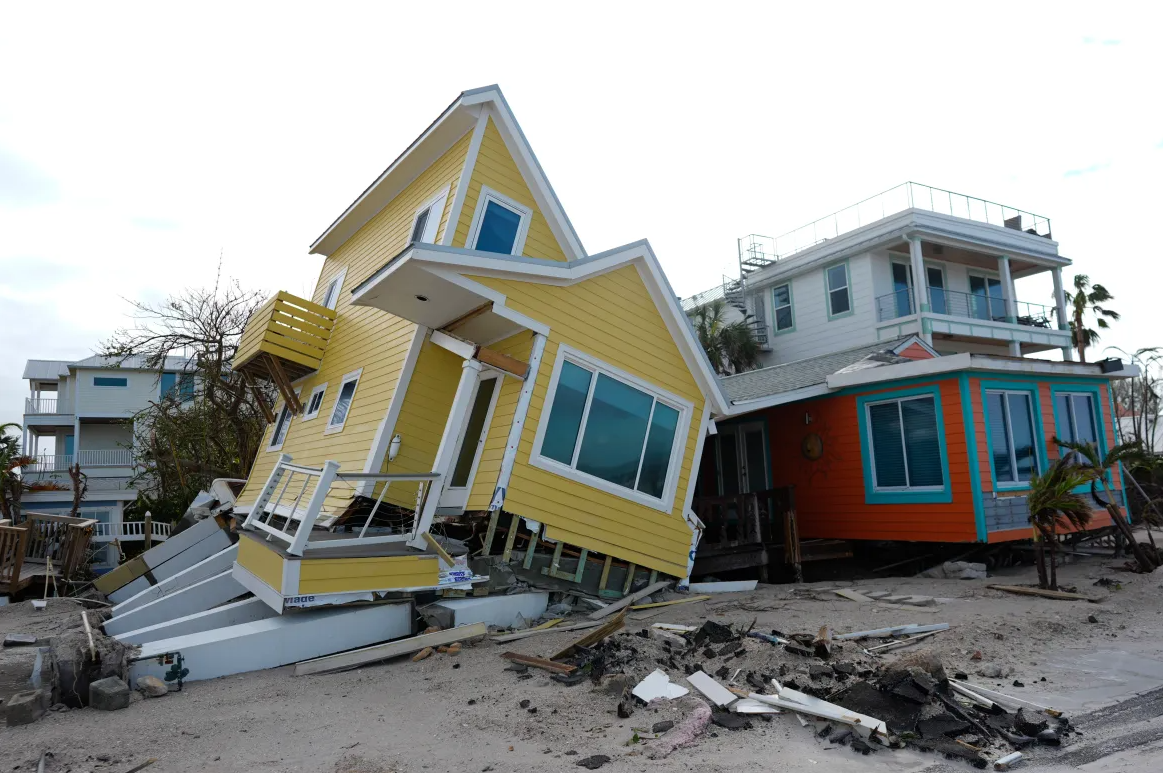Florida’s public universities are significantly reducing their general education offerings to comply with a new state law championed by Governor Ron DeSantis, which aims to eliminate courses deemed to promote “woke ideologies.”

In response to directives from the Board of Governors, hundreds of courses are being reclassified as electives rather than fulfilling graduation requirements. This shift is causing concern among faculty and students alike, with fears that many classes may eventually be phased out entirely.
The Board of Governors asserts that these changes are in line with legislative intent to review general education offerings, ensuring that they do not include content associated with “identity politics” or unverified theories. Chancellor Ray Rodrigues emphasized that students will not be required to take courses with prohibited content to meet general education requirements.
The sweeping review of course offerings follows a controversial higher education law passed last year that restricts funding related to diversity, equity, and inclusion initiatives. This law mandates that core general education courses—which are essential for bachelor’s degrees—must not distort historical facts or incorporate identity politics.
As universities navigate this complex landscape, many have started to overhaul their course catalogs. Some courses, such as “Anthropology of Race & Ethnicity” and “Women in Literature,” are among those slated for removal or reclassification, reflecting the law’s intent to target certain academic fields.
Critics, including free speech advocates and faculty members, are alarmed by what they see as state overreach into academic affairs. Katie Blankenship of PEN America warned that such actions could harm both student and faculty retention and diminish the academic reputation of Florida’s institutions.
Despite this, some university leaders support the streamlining of general education courses. Florida Gulf Coast University, for example, is eliminating 40 courses—25% of its offerings—with the belief that fewer, more focused courses could enhance student success.
However, many faculty members express confusion and frustration over the state’s recommendations, which have overridden previously approved courses. At the University of Florida, approximately 700 courses are expected to lose their general education designation, prompting outrage from professors who question the decision-making process.
The ongoing debate has garnered attention from organizations advocating for academic freedom and faculty rights, warning that these curriculum changes could lead to job losses and the closure of programs. Students are also voicing concerns about the limitations on their educational options.
While the Board of Governors maintains that their actions do not infringe upon academic freedom, the situation remains tense as further revisions are anticipated before final approval in January.













